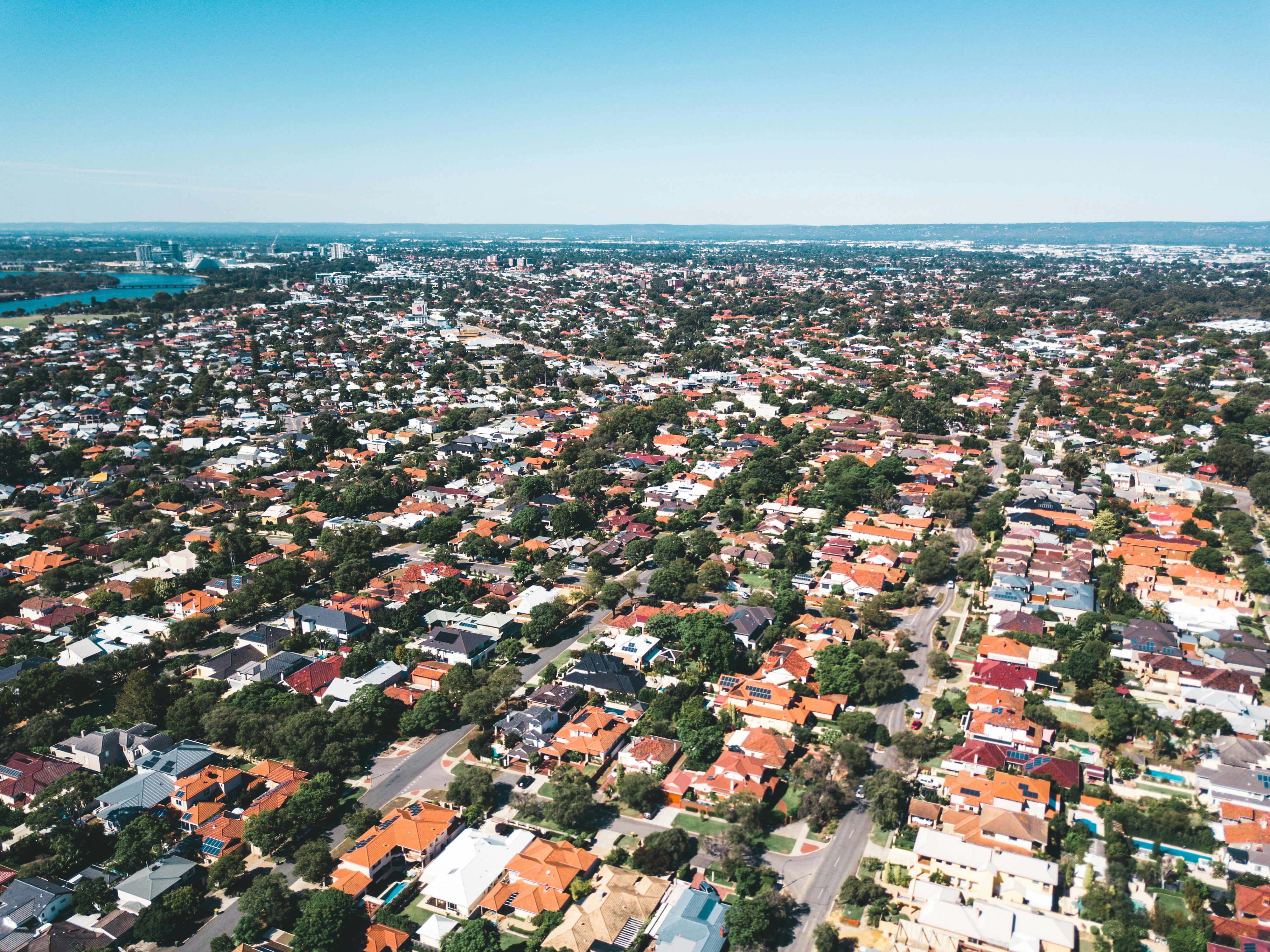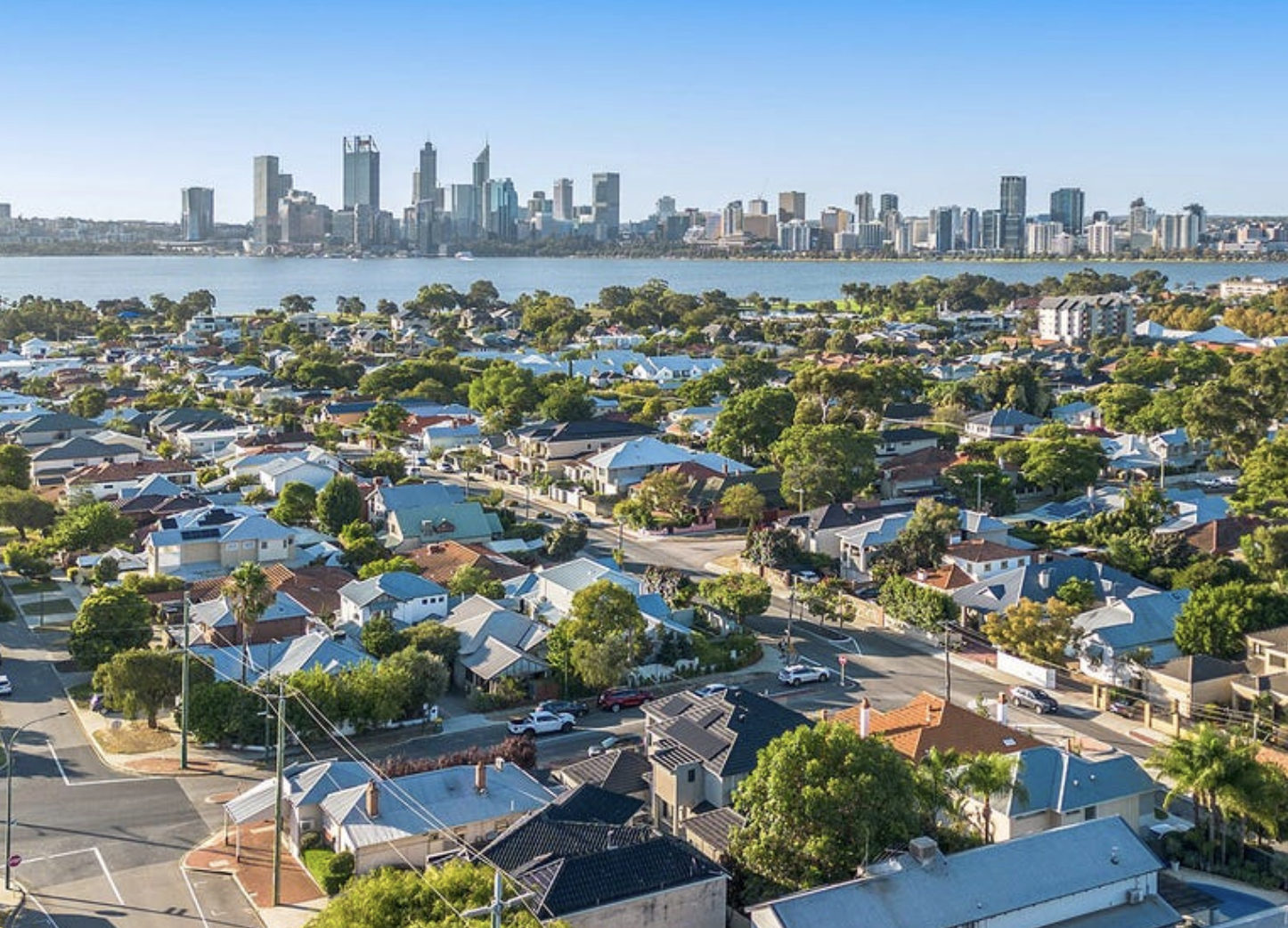Major changes to housing rental laws in Victoria are looming, and some will prove to be costly for landlords.
In 2018, the Andrews government passed more than 130 new reforms in what has been seen as one of the state’s biggest shake-ups to renting laws. These were due to be implemented on 1 July 2020, but were delayed to 29 March 2021 due to COVID-19.
The reforms have been designed to ramp up protections for renters, so it’s important for landlords to be aware of the changes that will affect their investment property expenses.
Some of the biggest changes to renting laws that will affect investors include:
- Minimum standards for rental homes, including locks for external doors and windows; functioning toilet; working oven; heating in the property’s main living area; and adequate hot and cold water connections in the kitchen, bathroom and laundry.
- Urgent repairs now include repairs or replacements of air-conditioners, safety devices. It also covers any fault or damage which makes the property unsafe or insecure, including pest infestations or mould related to the building structure.
- All gas and electrical installations and fittings must be checked at least once every two years by a licensed gas fitter and a licensed electrician respectively.
- Pets will be allowed in rental properties by default. If a landlord doesn't want a tenant to keep a pet in their property, the onus is now on the landlord to go through tribunal and seek an order to refuse the pet.
- Rent increases can only occur yearly, instead of once every six months.
- Visit the Consumer Affairs Victoria website to see a summary of all 132 reforms.
Notably, landlords and agents who fail to meet their obligations will be added to a blacklist, which will be public.
“Rental providers who currently try to do the right thing by renters will not be affected by the changes,” according to the Victorian Government’s Fairer Safer Housing website.
“However, those who cut corners or who do not prioritise compliance with their obligations will find themselves facing increased monetary penalties and other punitive action.”
How withdrawing your future rent can help fund repairs and maintenance
While the reforms will affect landlords to varying degrees, some reforms will be more expensive than others. Investors may find themselves in need of cash to fund repairs additional to what they may already be paying for.
Godfrey Dinh, CEO of Futurerent, said landlords in Australia already spend $2.8 billion each year on repairs and maintenance for their investment properties, and this is tipped to rise with the new rental law changes in Victoria.
“By giving landlords a simpler way to pay for these expenses, we’re not only helping with their cashflow, we’re helping them reinvest in the property and provide well-maintained, good quality housing to the millions of Australians who rent,” he said.
“We’re dealing with a lot of landlords, where the changes are prompting them to make further upgrades and reinvest in their property, using their future rent.”
Futurerent is an ‘on-demand’ rent withdrawal service, that gives landlords up to 1 year of rental income upfront that’s repaid from rent paid by the tenant over terms of up to 3 years. Futurerent is the only solution that’s purpose built for landlords to manage their cashflow and get ahead.
To find out more about how this could work for you, check out Futurerent’s online calculator.












